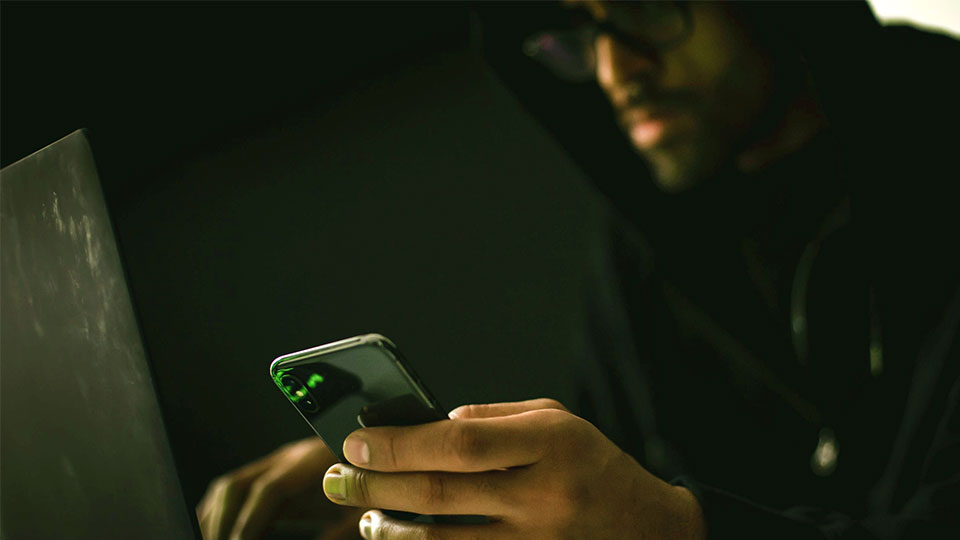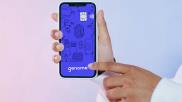
A research study unveils that breaches in cybersecurity are likely to result in the theft of over a billion records, while identity has affected millions of Americans. Successful cyber-attacks can affect any size of business.
A security mistake can cause harm to your mobile phone in many ways, like destroying your online business, loss of website visitors due to downtime, loss of customers' trust, and loss of sensitive customer data. Thanks to the expanding awareness of online threats. Still, an analysis of the most complex online attacks reveals that website security is mostly imperiled by the most elementary mistake.
Below we will take seven security mistakes that you can avoid.
1. Denial Of Being A Target
Mobile phone owners always have this false opinion that their phones are too small to be targeted by hackers. The fact is every mobile phone, no matter how big or small, are possible targets for hackers. Research on cybersecurity on online businesses revealed that high rates of them had encountered cyber attacks in the past months.
Furthermore, businesses that do not handle credit card data or any customer information well believe that cybercriminals won't target their security network. The fact is hackers are targeting several computer networks to obtain sensitive information about online businesses.
The fact that your online business has a digital presence, you are at risk and must engage cybersecurity as a business strategy to guard both your stored data and your mobile phone.
2. Clicking On Suspicious Links
Receiving lots of spam on your Smartphone has become everyday life; sometimes it's just a harmless ad, but some other times it may be something harmful. According to information on allthingssecured.com, you can get an email telling you to click on a suspicious link that you've won a prize or an offer that's too attractive. When this happens, please avoid clicking the link as it may infect your mobile phone or gain access to your credentials.
3. Procrastinating On Software Updates
Wasting time on installing a necessary update is the mistake that can make cybercriminals gain access to your mobile phone. Even antivirus programs in place can leave you vulnerable to attack. By not updating the software, you are leaving your mobile phone open to attacks and potential data breaches.
4. Using Compromised Smartwatches
Smartwatches collect a lot of personal information about you, and it could be the steps you took that day, where you went and if the device could make payments, that also means it has your financial information. This list grows depending on the kind of apps you've installed and your personal information gathered.
At times it brings up questions about how secure your information is. You can find some answers after reading the privacy policies of your smartwatch and the apps you've installed. But keep in mind that it's stored on clouds, and you can't do much to prevent a potential data breach.
5. Using Public WiFi
When using public WiFi, never use it to access your personal information. At times they are not secured and maybe could be a trap. Some of these bad guys know we are always attracted to coffee shop WiFi, so they would walk into a coffee shop and create a WiFi called coffee shop WiFi so we could be tempted to connect. As soon as you join the network, hackers access your password and personal information. So if you want to pay bills and other kinds of stuff, do it from home and know your network is safe.
6. Not Using A Password Manager
Making use of a password manager is a win-win because it makes your online life secure. A password manager stores the password of your different online accounts across all your devices saves you the stress of trying to remember your password each time you visit a site. Your password is safe when you store them to a password manager, and the best is when it's a master password, so not putting it there could make hackers gain access to your mobile phone or device easily.
7. Granting Permission For Compromised Apps
Mobile phone apps need a variety of permission so they could work properly, but you usually scroll over them absentmindedly and click on accept. If you accept them all without reading the permission list, you are granting hackers access to your sensitive data, allowing them to spy on you, and also allowing them to collect your money. Like your flashlight app doesn't need to access your location.
The rapid increase of numbers on cyber-attacks around the globe is surely a catalyst for raising awareness for the need for cybersecurity practice. Therefore, committing the majority of cybersecurity blunders could still threaten and compromise the best of the security system and infrastructure.
 Samsung Galaxy S20
Samsung Galaxy S20  Huawei P9 Lite
Huawei P9 Lite  Apple iPhone 17 Pro Max
Apple iPhone 17 Pro Max  Apple iPhone 3G
Apple iPhone 3G  Vertu Aster
Vertu Aster Samsung Galaxy A14
Samsung Galaxy A14 

